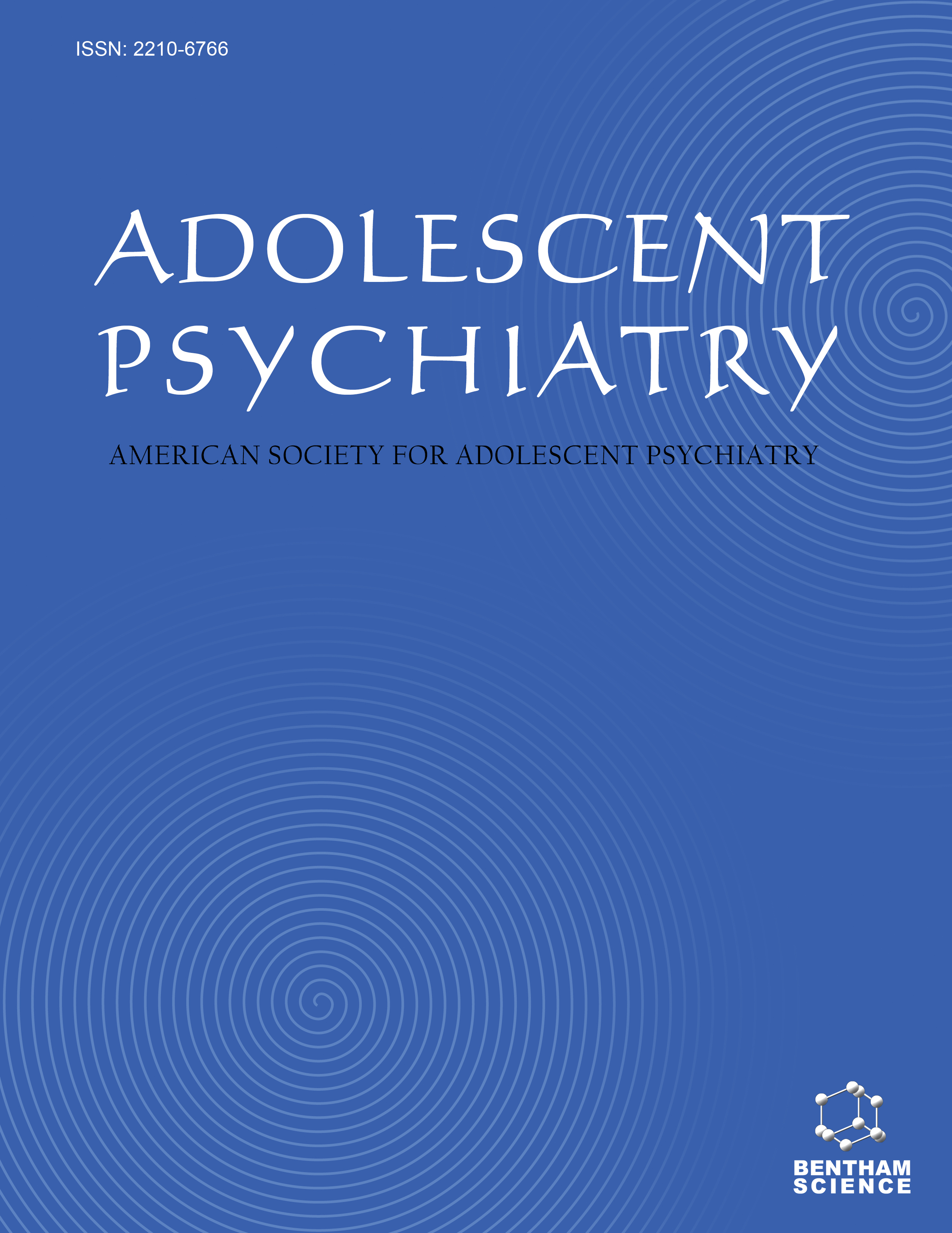
Full text loading...
The objective of this review is to explore the impact of social media use on the mental health of teenagers, considering both advantages and disadvantages through a narrative evaluation of recent studies.
A narrative review of current literature was conducted to assess the effects of social media on adolescent mental health. The findings were categorized into seven areas: general mental health effects, specific issues such as anxiety and depression, behavioral impacts like addiction and self-regulation, effects on vulnerable populations, the influence of COVID-19, digital mental health services, ethical considerations with AI, and implications for academic achievement and public health.
Social media use has both positive and negative effects on adolescent mental health. It is associated with an increase in behavioral issues such as addiction and mental health problems like anxiety and depression. Vulnerable groups, including LGBTQ+ youth and victims of cyberbullying, face heightened risks. The COVID-19 pandemic exacerbated these mental health challenges, though social media provided essential support networks. Digital mental health services were beneficial but raised ethical concerns, particularly regarding privacy and the need for culturally sensitive interventions.
The review underscores the need for balanced strategies to mitigate the negative impacts of social media on adolescent mental health. Comprehensive digital literacy programs, culturally relevant interventions, and ethical considerations in digital mental health services are crucial to supporting adolescent well-being in the digital age.

Article metrics loading...

Full text loading...
References


Data & Media loading...

